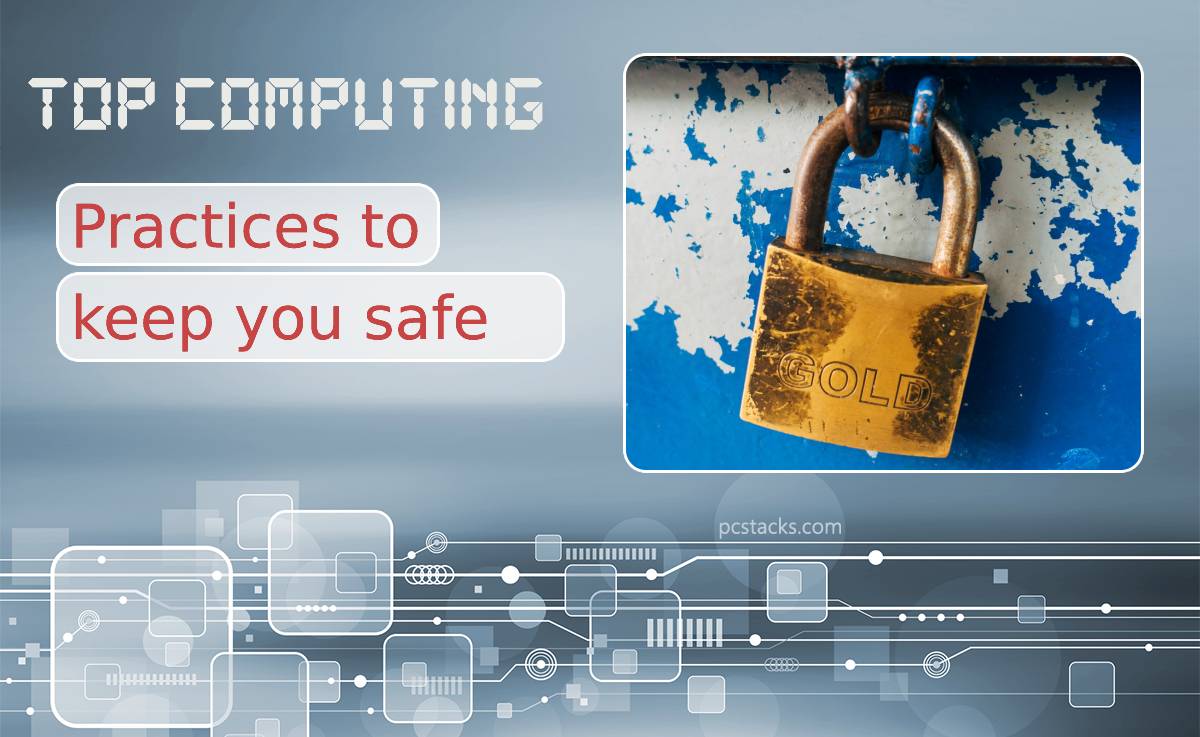You should always try to be safe online, and with these tricks and tips we have below, you can be that bit more secure when surfing the web. Technology that protects your device affordably is here, so can you afford to leave yourself exposed digitally?
Table of Contents
How to Stay Safe
Download Good Antivirus Software
Good antivirus software is essential nowadays, with computer hackers getting more and more sophisticated. For decades, we have been told how important it is to protect your device, but keeping your data safe is imperative with our lives being more and more digital.
If you don’t take steps to protect yourself online correctly, who will? There are plenty of free options available out there, but your best bet is to go for one of the paid choices as they generally offer a complete product as well as being secure.
Pay for a Good VPN
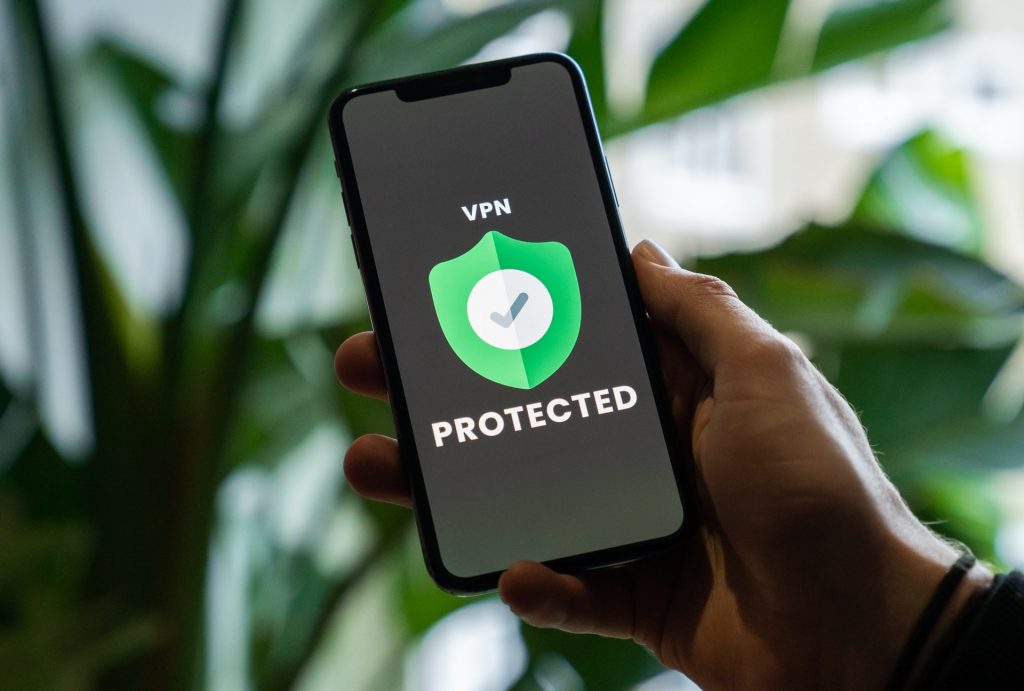
Generally, a paid-for product is better than a free product because you pay for genuine quality. Something truly worthwhile is rarely given away, which is super true with VPNs. A VPN hides your device’s IP address by hosting your connection in a remote location and allowing you to surf the web in peace.
It also means your internet provider cannot see which websites you visit because the VPN scrambles the data you retrieve. There are plenty of full-length pieces that explain the actual value of having a VPN.
Mix Up Your Set of Passwords
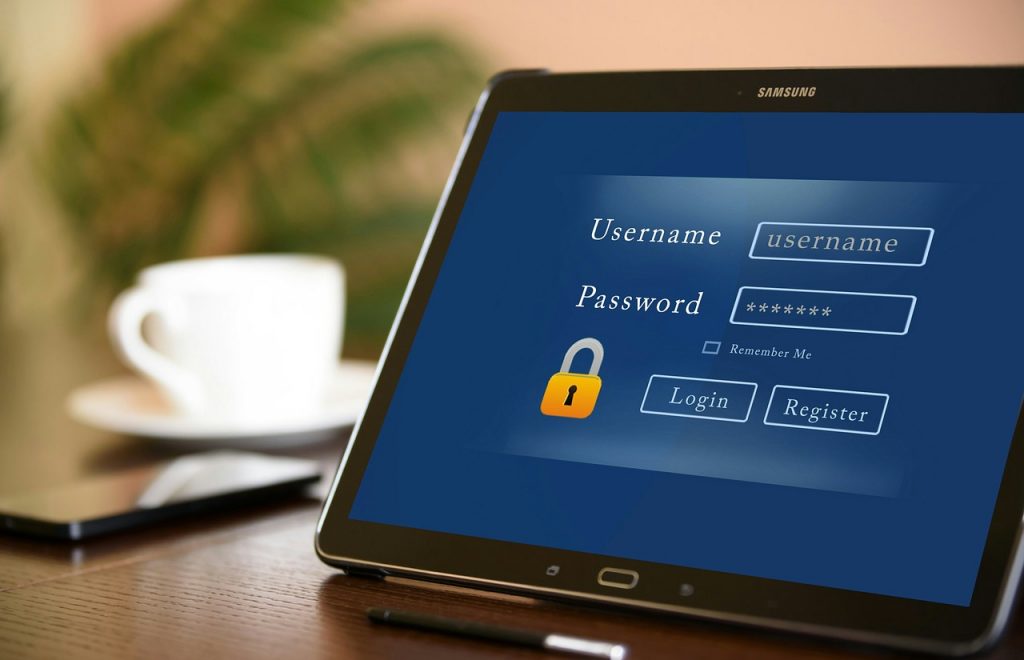
According to Zignaly.com, having a diverse set of passwords makes it much harder for your online accounts to be hacked, thus having your data exposed. You should try to have passwords at least 12 characters long, and they should feature a mix of letters and numbers, have at least one uppercase letter, and a unique character such as a question mark or hyphen.
Still don’t get why it’s important? Imagine having just one key for every door, window, and safe in your house. Handy for you, but a jackpot for anybody else that gets their hands on it.
Don’t Connect to Random WiFi Networks
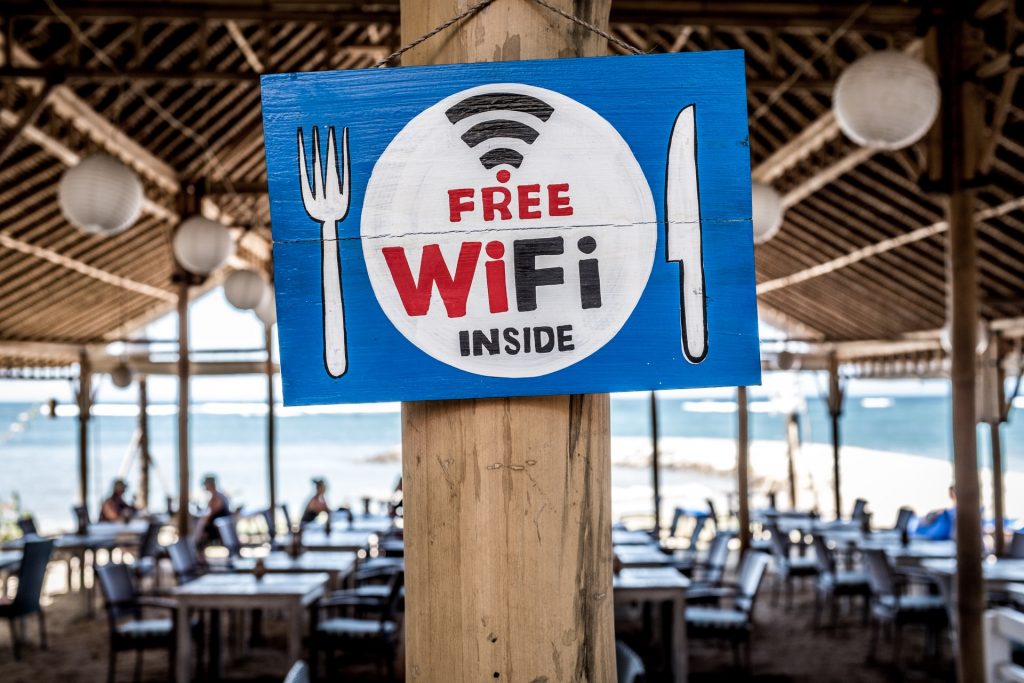
You should beware of publicly available WiFi networks because the host of that network might monitor all downloaded and uploaded data. In the best-case scenario, they see that you are watching cat videos, and in the worst case, they see you enter your bank details on a shopping website.
You should always keep this in mind when connecting. The network host may also send viruses to your device from the host device and look to install the software in your device without your knowledge – another reason to have antivirus!
Try Not to Download Files from Suspicious Websites
When downloading files online, you should always look for the green padlock symbol at the start of the search bar, as this means that the site has gone to the effort of purchasing a security certificate, which is deemed safer. This vetting should be partnered with an antivirus program that can scan potential downloads before they are downloaded.
These actions aren’t the be-all and end-all, but they should help you avoid websites that can do real damage to your computer. It isn’t much, but it can go a long way.
Avoid Suspicious Links
You should make sure to educate yourself on how to spot a phishing scam and what kind of tricks those behind them often use. The core thing you should know is that if an email tells you to click the link, it contains, you really shouldn’t do that.
Another trick is to double-check the email address it comes from and look for subtle differences in the spelling. Hackers are intelligent and will often hide cyber attacks in plain sight, taking advantage of how much you trust the websites you use and see daily.
Keep All Your Programs Up to Date
Software updates are vital for keeping your devices in top condition and help make sure that their coding is free from flaws that could leave them exposed to viruses and malicious attacks. Updates and patches also help remove bugs that can crash and cause damage to your devices, as well as make them more secure when connected to the internet.
Keeping your applications up to date also means that your data is secure and not at risk of being exposed online. Indeed this is as good a reason as any? We think so anyway.
Regularly Scan Your Device and Remove Junk
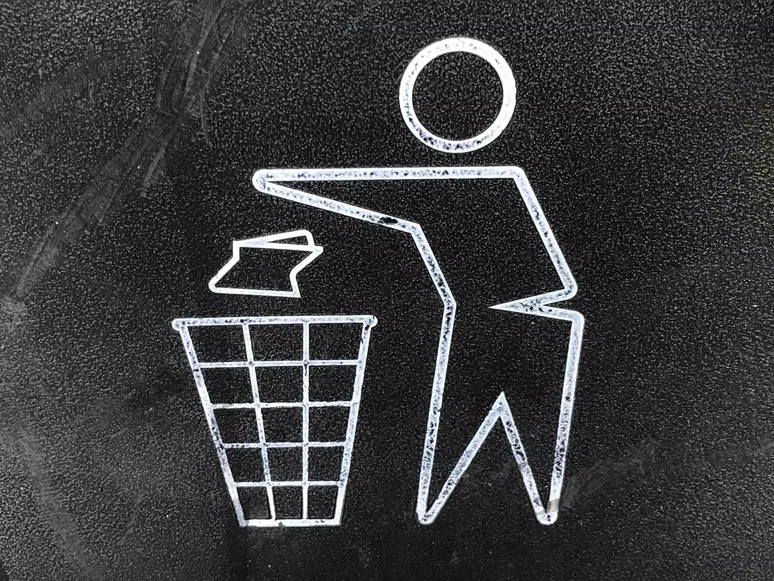
As you can imagine, junk files can slow down your device and take years off its lifespan. These big applications can also put a lot of strain on your hard drive, resulting in repercussions. By keeping your device in prime condition and free of cumbersome applications that can slow it down, you can help ensure that your device lasts for years to come.
It’s a good idea to download an application like CCleaner, which will make it super easy to spot which apps aren’t doing you any favors and even easier to remove them from your device.
Don’t Leave Your Device Unattended
You should always ensure that you don’t leave your computing device unattended because anything done on it will generally be traced back to you. If you do have to leave your device unattended, say you need to visit the bathroom when working in a cafe, you should secure your device by locking it and making sure your password is strong.
With mobile computing devices, it might be wise to have a tracker either installed digitally or physically stuck onto the device so that even if it does go missing, you can still track it down.
Be Aware of What Websites You Give Your Data to
It could be argued that data is the new gold, with websites doing everything they can to get more and more data out of you and your online profiles. Our data is so valuable because it can market products to us and predict future events and occurrences. Humans are predictable, and with enough data, analysts can do a lot of stuff.
Your data is worth depends on what kind of service the website sells, but for somebody working at Facebook or Amazon, your data is worth an insane amount.

